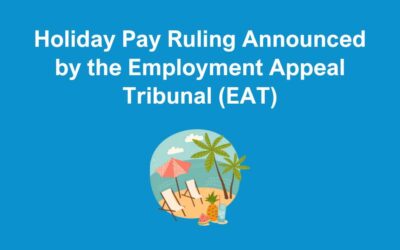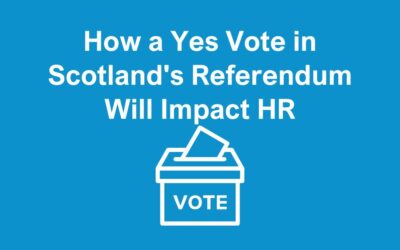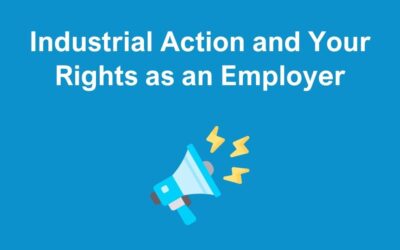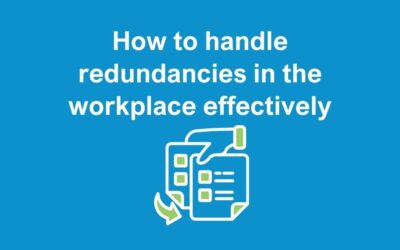If you’re a fair employer and have adequate HR and employment procedures in place, then you will have little to worry about. I’ve read lots of scare blogs and stories over the last few days from Employment Lawyers and HR companies stating the opposite. This is obviously a tactic to generate business but as I’ve said – if you have sound procedures in place then I doubt much will change.
Is this the end for ET fees?
Some commentators said last week probably not, however, today the Employment Tribunal service have taken immediate action to stop charging for Employment Tribunals and Employment Appeal Tribunals.
Last week’s ruling found the current regime to be unlawful, not the concept of fees entirely. The fees regime could ultimately be replaced with lower fees or by an alternative method of charging which does not act as a barrier to claims being lodged.
With Brexit discussions well underway, this probably isn’t high on the agenda at the moment.
Past claims, including repayment of fees
Employment tribunal fees paid in the past should be repaid. The government will announce details of a refund scheme. It also calls into question whether an employment tribunal will allow late submission of a claim (outside the three-month time limit) if the claimant was deterred by the fees from making a claim earlier.
If the tribunal will not allow that, could a claimant sue the government for damages for having brought in unlawful regulations which deterred her from claiming in time? Lots of questions that remain unanswered for the time being.
What should employers be doing?
The Employment Tribunal service now has a lot of work ahead – consideration on rewriting tribunal rules will now need to be implemented with immediate effect. As well as, a reprogramming of the online claim form system.
If you already have good HR procedures in place, then there’s not a lot you need to do. If you’re a good employer, then you shouldn’t be overly concerned by this ruling. It does, however, open up the potential for people to make spurious claims, but if you can demonstrate you acted in accordance with your procedures, then there’s not a lot to be concerned about. If you think your procedures are out of date, now is a good time to review these, but if you have good employment and management in place, not a lot will change.
Announcement on Monday 31 July
On Monday 31 July, HM Courts and Tribunals Service issued this statement for the attention of those affected by the decision:
“Dear All
You will all be aware that on 26 July, the Supreme Court handed down judgment in the case of R (Unison) v Lord Chancellor. Unison’s appeal was a challenge to the lawfulness of Employment Tribunals fees. The Court has …found that the fees unlawfully hinder access to justice and the relevant Fees Order – the Employment Tribunals and Employment Appeal Tribunal Fees Order 2013, has been quashed.
The effect of this judgment is that the fees have been found to be unlawful from the time they were introduced.
We have immediately taken steps to stop charging fees for proceedings in the Employment Tribunals and the Employment Appeal Tribunal. For an interim period, the digital service has been withdrawn for essential maintenance work to remove references to fees. During this period, anyone seeking to issue an Employment Tribunal claim will need to complete an ET1 form and submit it by post, or in person to the relevant office. Full details on how to do this are available at the following link:https://www.gov.uk/employment-tribunals/make-a-claim. We hope to have an online submission portal up and running early next week.
While these arrangements are in place, it may take us a little longer to process claims and deal with enquiries. We would ask for your patience during this period.
Full details of the refund scheme will be announced in due course.”







